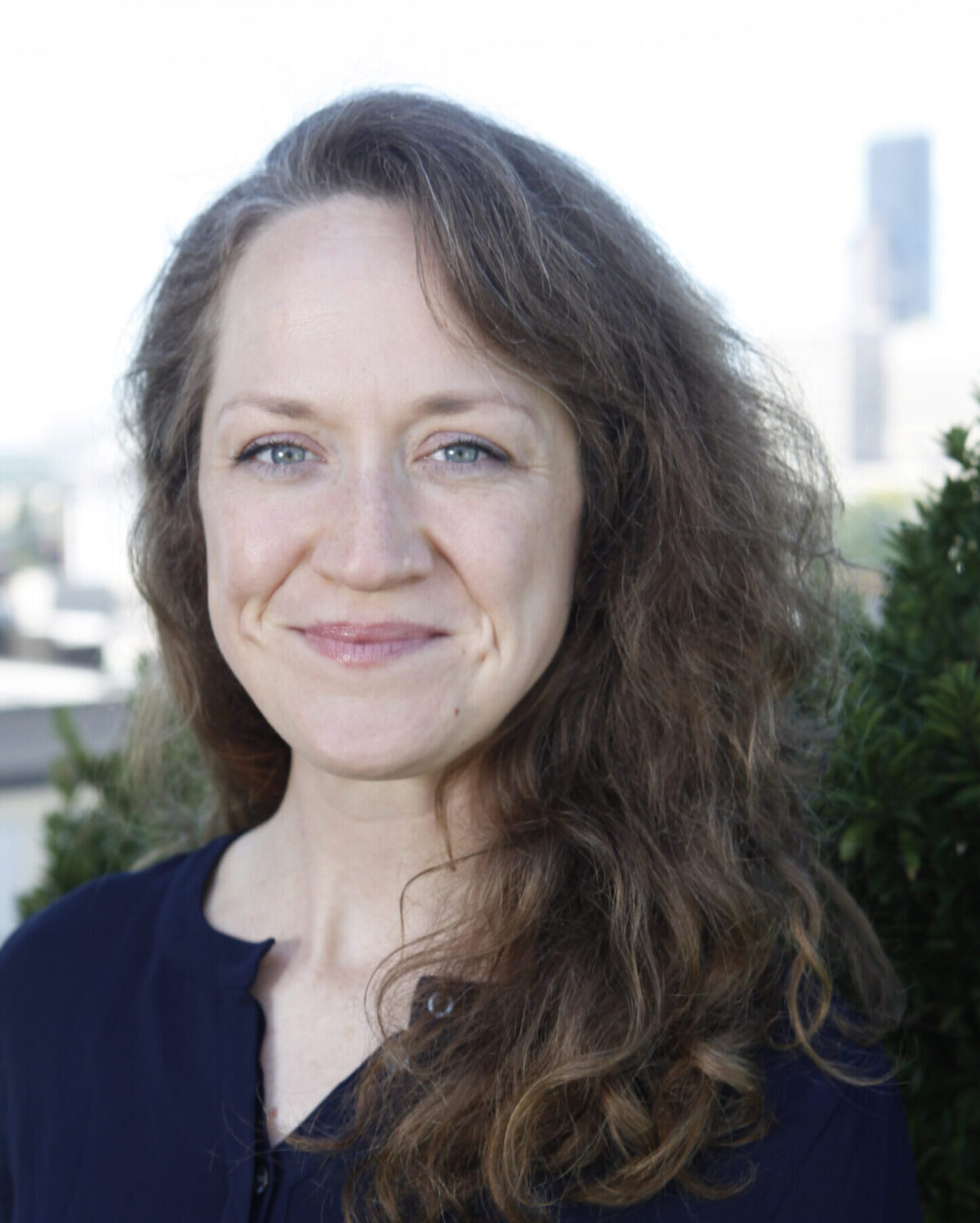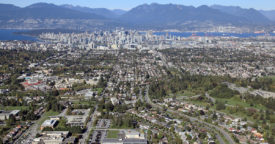Alan
If you want to see US cycling with brand new eyes, watch this video made by a man from the Netherlands.
Robert Reich’s documentary Inequality for All is well worth seeing. It’s a surprisingly entertaining romp through the trends, causes, and consequences of widening class disparities in the United States. Almost stealing the show is Cascadia’s own (and Sightline friend) Nick Hanauer. I was also taken by the charts. Really. The charts were almost a co-star.
Oops. Much social science turns out to be wrong, based on tests conducted on wildly unrepresentative samples. This piece from Pacific Standard is about some University of British Columbia profs, who have been running standard experimental tests from psychology and economics among non-Westerners. What they’ve found is that the universal truths of these disciplines are just reflections of Western culture. Some 96 percent of the subjects of all experiments in psychology and economics have been from Western nations, and 70 percent of them have been Americans. The whole piece will fascinate you, but here’s one taste.
In the end they titled their paper “The Weirdest People in the World?”… It is not just our Western habits and cultural preferences that are different from the rest of the world, it appears. The very way we think about ourselves and others—and even the way we perceive reality—makes us distinct from other humans on the planet, not to mention from the vast majority of our ancestors. Among Westerners, the data showed that Americans were often the most unusual, leading the researchers to conclude that “American participants are exceptional even within the unusual population of Westerners—outliers among outliers.”
Given the data, they concluded that social scientists could not possibly have picked a worse population from which to draw broad generalizations. Researchers had been doing the equivalent of studying penguins while believing that they were learning insights applicable to all birds.
If you want to see, in one short article, all the racism and classism that I wrote about in my book Unlocking Home, just check out this story in the Seattle Times about houses in Bellevue where groups of roommates are living.
Serena
The Guardian put out this amazing(ly depressing) interactive last week, in case you were wondering how hot the planet will get in your lifetime.
Pam
Vienna, Austria, has found that women and men, and girls and boys, make different use of city spaces including public transit, parks, walkways, and housing. So, since the early ‘90s, urban planners have been designing a city that meets everyone’s needs.
Clark
Kids these days! Apparently, mobile technology really is changing the way young people get around, enabling all sorts of sharing—bike sharing, car sharing, ride sharing—as well as making transit easier to navigate. Some even argue that mobile devices can make time on the bus or train a little more productive and enjoyable. While this may all seem obvious enough, what’s genuinely interesting is that these technologies are actually showing up in the transportation numbers. (But I still wish they’d get off my lawn!!)
Eric
My top recommendation is Joel Connelly’s hard look at the evidence that coal exporters are secretly funding GOP candidates in Washington. It’s a must-read.
For an exceptionally clear case that a supply-side approach to housing development is good for affordability, look no further than the inimitable Dan Bertolet.
Roger Annis eviscerates Canadian leaders for the blitz of fossil fuel export schemes underway.
You can’t own a wolf in Oregon, but you can in Ohio.
Can a shopping mall be green? Maybe. Syracuse, NY, is home to Destiny USA, the largest LEED Certified commercial retail project in the country.









Oplo
Did you mean this link for the Dan Bertolet piece?
http://citytank.org/2013/09/26/we-should-all-be-on-supplys-side/
Serena Larkin
Oops, yep! Thanks, Oplo. Now corrected.